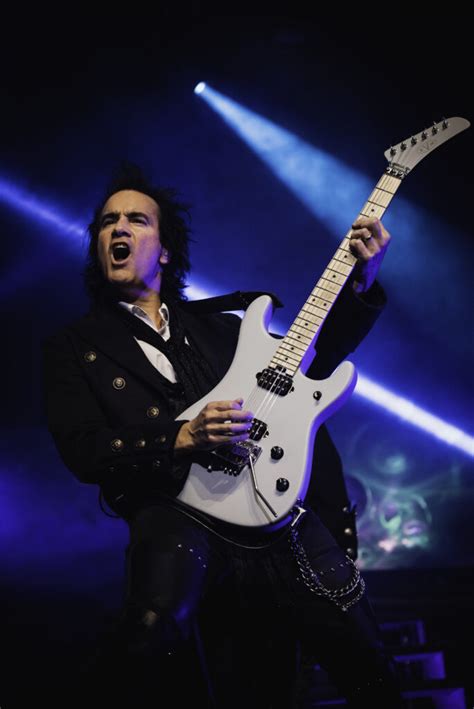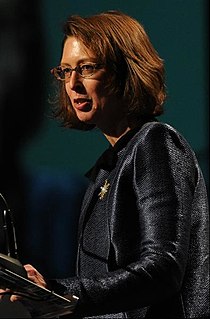A Quote by Gary Hamel
To create an organization that's adaptable and innovative, people need the freedom to challenge precedent, to 'waste' time, to go outside of channels, to experiment, to take risks and to follow their passions.
Related Quotes
There is a natural rhythm to the active and receptive energies within us. At times our energy is strong and outgoing - it is time to pursue our goals, take risks, get things accomplished. At other times, our energy is quiet and sensitive, and we need to take time to nurture ourselves, relax, and just 'be' for a while. As we trust and follow this rhythm, we attract everything we need and create everything we truly desire.
People must get active; go outside; get moving. This is a crucial time. You know, massive wealth and capital haven't budged one bit, so far. We have to give it a huge push if we want to see something different in our society. We need to create mechanisms and forms of organization which reflect the needs and wants of society as a whole, not just a privileged-oligarchic class of individuals.
I think people in general don't take enough risks. Some people feel that before they can take on that next challenge they need to be 100 percent ready. It's just not true. Even people in their jobs aren't perfect at their jobs. So my biggest advice to people is to step out there. Take the risk and deal with it. What is the worst that could happen? It's about thriving on risk instead of shrinking from risk.
Competition has never been more threatening than it is now. Innovative thinkers challenge the status quo in their organizations. They are often viewed as "troublemakers." They threaten the defenders of the status quo. So competition within an organization can also be brutal. The most effective leaders overcome "the ideology of comfort and the tyranny of custom" by being change agents themselves. They encourage and reward innovative thinking. I have observed that people only resist changes imposed on them by other people.
In terms of getting people to experiment more and take more risk, there are at least three things that immediately come to my mind. Number one, of course, is role-modeling it yourself. Number two is when people take intelligent, smart risks and yet it doesn't work out, not shooting them. And number three, being honest with yourself. If the culture you have is radically different from an experiment and take-risk culture, then you have a big change you going to have to make—and no little gimmicks are going to do it for you.

































